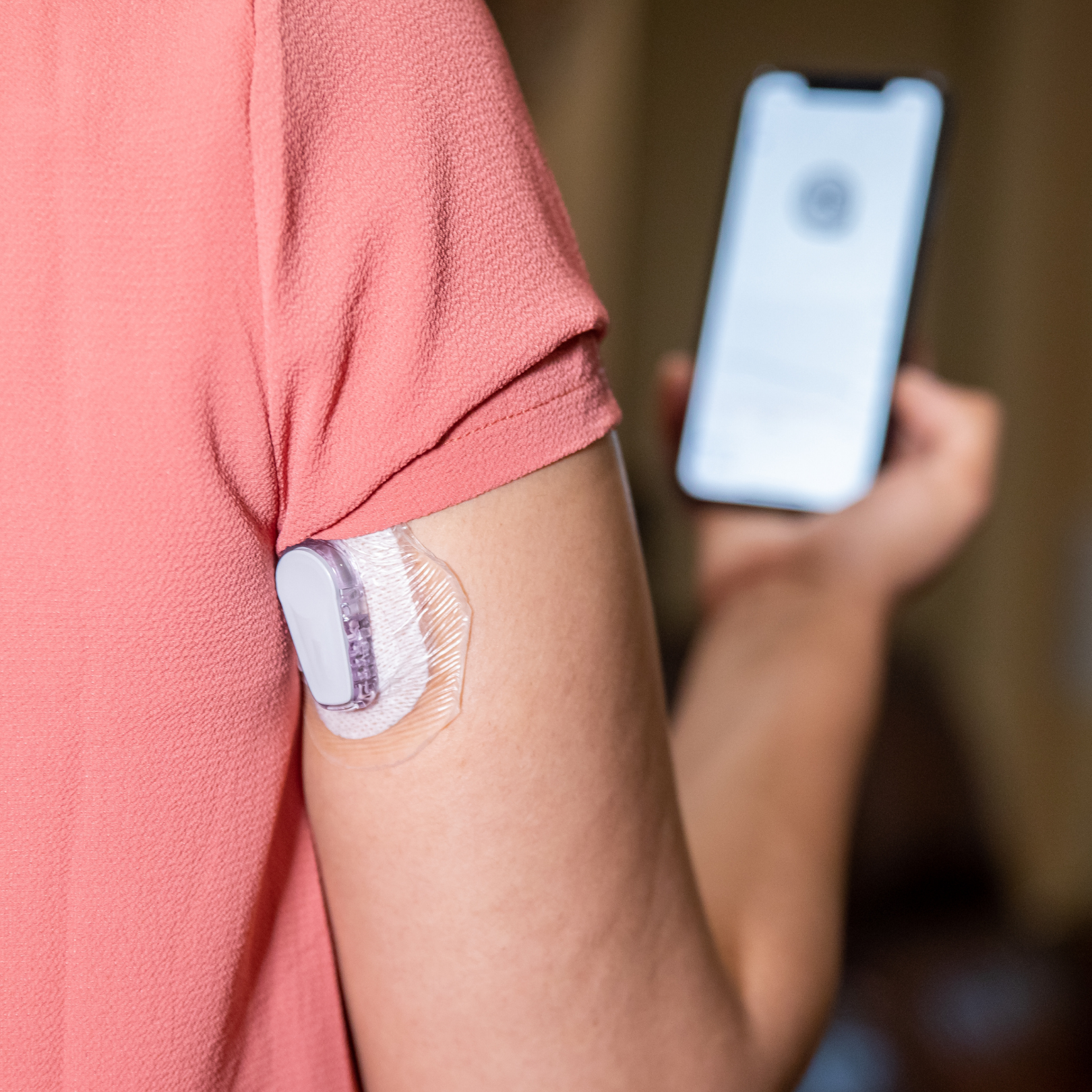News
T2D and Non-Alcoholic Fatty Liver Disease (NAFLD)
Diabetes is a serious condition that not only causes hormonal and blood sugar imbalances, but can also damage nerves, blood vessels and other organs. Common side effects of diabetes include poor circulation, non-healing foot and leg ulcers, vision loss, kidney damage and liver disease.
At Texas Diabetes & Endocrinology (TD&E), our board-certified endocrinology experts treat diabetes and help with the many other issues that coincide with it, like Non-Alcoholic Fatty Liver Disease (NAFLD).
Here’s what you should know about the liver and diabetes related NAFLD…
The liver performs many functions including helping to regulate blood sugar levels, making vital proteins, and filtering toxins and chemicals from your blood. The liver can be damaged by alcohol, hepatitis, autoimmune diseases but much more commonly from fat accumulation which is called NAFLD.
NAFLD can lead to serious complications such as liver cirrhosis, or scarring that could cause potential liver failure.
Research shows that up to 70% of those living with type 2 diabetes (T2D) also have NAFLD.
How is NAFLD diagnosed?
NAFLD is usually asymptomatic. There are blood tests that can suggest the diagnosis but the best non-invasive test isa dedicated screening called FibroScan.
TD&E is one of the only endocrinology clinics in Austin to offer this innovative diagnostic test to closely examine the liver. FibroScan uses ultrasound imaging to assess liver tissue and can quantify fat accumulation and the degree of liver damage.,
If you have T2D and abnormal liver labs or other risk factors such as obesity or high cholesterol your endocrinologist may suggest a FibroScan to assess your liver health.
How do you treat NAFLD?
While there currently is no cure for NAFLD, the same healthy lifestyle changes recommended to help manage diabetes can also help to slow, or even reverse, liver damage and decrease fatty buildup, including:
- Maintaining a healthy weight, or losing weight if overweight or obese
- Eating a well-balanced diet to lower high cholesterol levels
- Staying physically active and aiming for at least 150 minutes of exercise per week
- Controlling your diabetes and blood glucose levels as directed by your endocrinologist
- Avoiding alcohol or consuming in moderation
If you are living with T2D and have other risk factors for NAFLD, speak with your physician about getting screened.
Contact Us to Help Manage your Diabetes, Osteoporosis and Thyroid Conditions
If you’d like to schedule an appointment with one of our specialists at Texas Diabetes & Endocrinology and discover how our diabetes services and other endocrinology therapies can help you lead a full and active life, please contact us at (512) 458-8400 or request an appointment online.
Don’t forget to follow us on Facebook and Instagram and check back with us each month as we provide you helpful wellness and health information.







